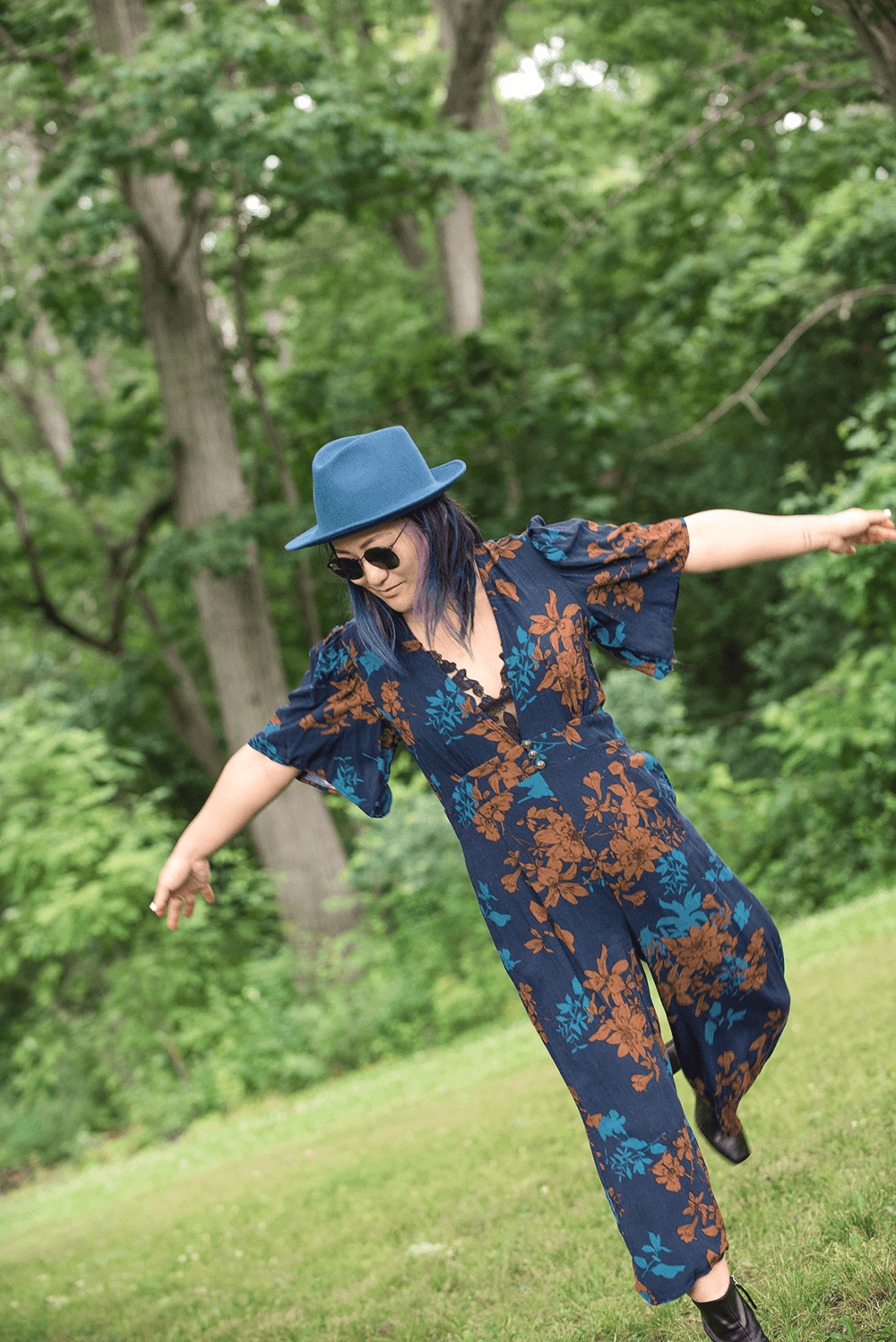
How is coaching different from therapy?
Like therapy, coaching is a form of mental health care. Unlike therapy, coaching is a co-creative relationship that isn’t designed to last forever, and tends to focus more on the present and future than the past. The goal is to give practical exercises each session to support your life and health. See here and here for a fuller list of differences.
Admittedly, the work I do blurs the lines. However, as a certified coach but not a licensed therapist or psychiatrist, I cannot diagnose or prescribe medication, and I’m not liable to the American Counseling Association (ACA) Code of Ethics for licensure. I’m liable to the International Coaching Federation (ICF) Code of Ethics and the Somatic Experiencing International (SEI) Code of Ethics and Standards. I do, nonetheless, strive to operate as close to ACA standards as applicable as an additional means of harm reduction.
How is coaching different from mentorship or consulting?
Like mentorship, a coaching relationship is one that fosters personal and professional growth. Unlike mentorship, coaching takes over a shorter period of time, where the primary focus is on the client’s well-being and goals. In a coaching relationship, the coach holds the container for the relationship and time together. Mentors do not necessarily do this, nor are they necessarily trained to coach professionally. See here for a further breakdown.
The main difference between coaching and consulting is that the coach does not solve problems for the client. Coaches work with the client to answer their own questions without telling them what to do. Coaches build the client’s capacity and ability to drive growth internally. See here for more.
What is coaching like with you?
I’d like to think I’m supportive, warm, championing, and regulated, but it’s ultimately for clients to decide! In terms of nervous system work, we strive to stay within your window of tolerance, but expect sensations that might be complex or intense. Given the nature of trauma-informed work, clients must fully consent to—and can opt out of—anything we do.
See here for testimonials or schedule a fit call to find out directly.
How are coaching engagements and sessions structured?
Currently, for 1:1 coaching, I do three, six, and twelve month engagements. For each, we start with a 90-minute discovery session, followed by two 60-minute sessions per month for the duration of the engagement.
We define a “Big Agenda” up front for the course of our time together, while you come with the “Small Agenda” for each session. These are general guidelines and sessions tend to vary depending on need.
Pricing is as follows:
3 months - $1500
6 months - $2500
12 months - $4800
If you’re interested but pricing is a barrier, reach out and we can discuss options.
What is Somatic Experiencing? What is it like in session?
The Somatic Experiencing approach facilitates the completion of self-protective motor responses and the release of thwarted survival energy bound in the body, thus addressing the root cause of trauma symptoms. This is approached by gently guiding clients to develop increasing tolerance for difficult bodily sensations and suppressed emotions (Somatic Experiencing International, 2023).
In session, this looks like us working with your body to sense into what’s there in the moment, describing images, behaviors, sensations, feelings, and more that come up, and engaging in somatic techniques to release and integrate survival stress. We never have to talk about the things that happened, as we work with how it manifests now.
This tends to be a new experience for most people, because we address the symptoms instead of focusing on narrative reframing of events like in CBT/DBT and other cognitive-focused modalities. We do this because our nervous systems determine when we're ready to talk about things, and whether we can access a traumatic memory at all. Doing so before we’re ready can be retraumatizing.
What can I reasonably expect to accomplish at the end of an engagement with you?
For 1:1 coaching, as a baseline, you can expect to gain tools to better sense into your body. Depending on your nervous system capacity and the time we have together, you will also likely build your capacity to experience difficult emotions and sensations. While I cannot promise specific outcomes, you can generally expect to feel more attuned, at ease, and less overwhelmed by the same things. This also applies to leadership coaching as attunement leads you to identify how you want to show up quicker.
For organizations, this varies more based on the topics we work on. With every engagement, we co-design specific objectives up front. Your team can generally expect to improve your understanding of how nervous system physiology impacts how you work and lead, as well as strategies for how to implement this knowledge going forward.
How do you work with organizations?
We start with a free consult, where we assess fit and discuss scope of engagement. From there, we iterate and finalize the engagement structure, timeline, and deliverables. For leadership development workshops and trainings, I offer a follow-up session with key team members to troubleshoot and provide additional guidance needed for integration of nervous system strategies. See here for my list of offerings.
What are some causes you care about?
I care about everything that goes into making life more equitable and trauma-informed, for everyone. To do so, we need to take an intersectional, systems-based approach and center the harmed.
Other than that, I really care about cats ☺
What are additional resources you recommend?
To receive a list of curated resources and join a community of people who are looking for new, somatic, and evidence-based ways to live and work better, sign up for my mailing list below! Otherwise, check my socials (Tiktok, Instagram, Spotify) for updates and educational info on a range of topics.
Want tips and reminders on living at the speed of your system? Join below!


